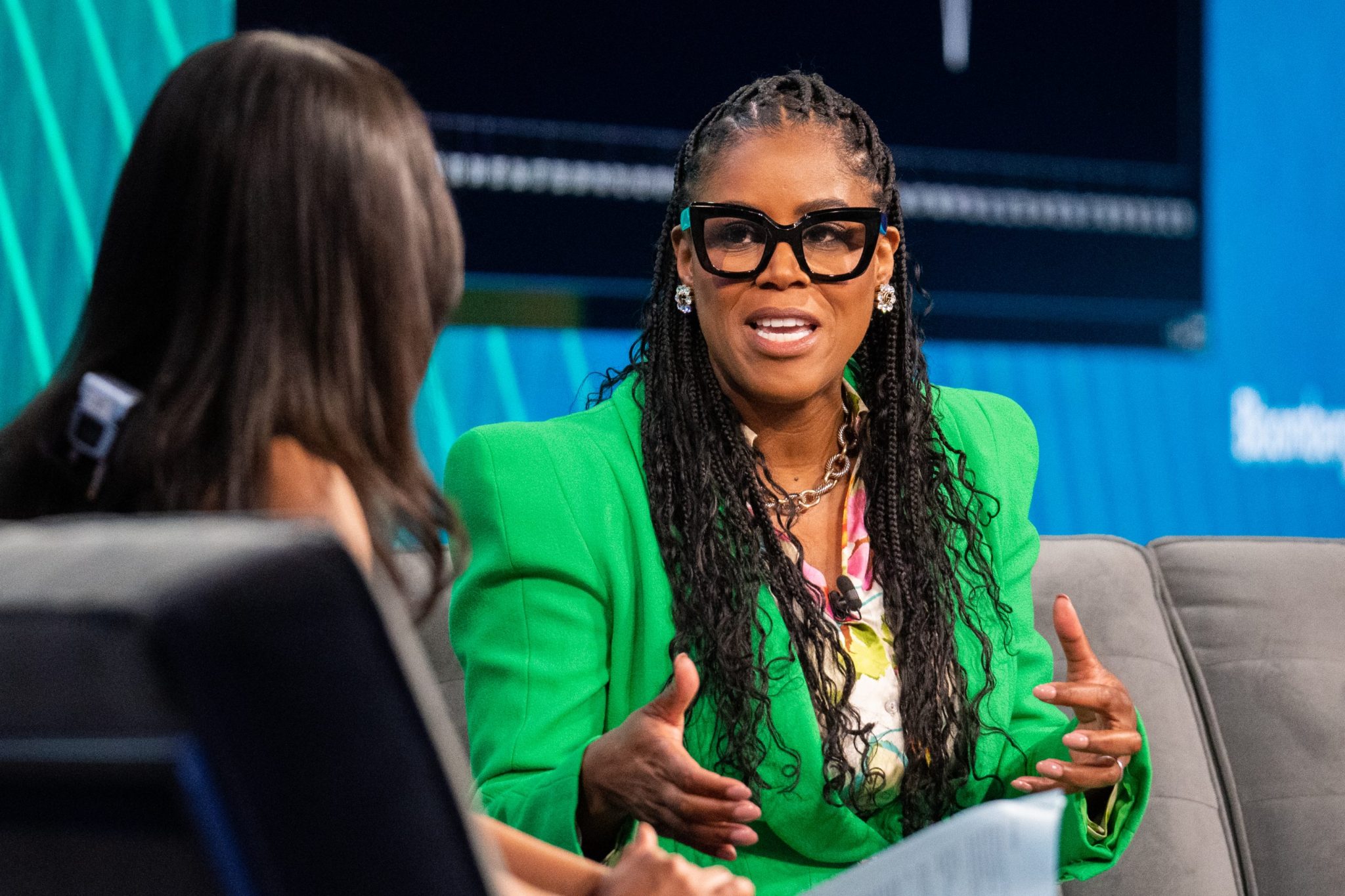“I learned everything I needed to know to be a CEO when I was little,” TIAA CEO Thasunda Brown Duckett, said last year at the commencement speech of The Wharton School of the University of Pennsylvania’s MBA program. During childhood, Duckett built the skill that she claims to be central to her success: her character.
“My purpose is fueled by my ownable asset—my character. Character is what drives it all,” she said, adding that she emphatically believes her purpose in life is to “inspire and make impact.” Duckett is currently one of only two Black women serving as CEOs of Fortune 500 companies.
And while character is an enduring virtue, the same can’t be said for our jobs. “Job titles come and go, but they are rented. You don’t own them. They will always fall away,” the executive of the insurance company told the graduating class, adding that how you impact and treat others is more important.
Even when you reach the top of the corporate ladder, what’s on your business card or email signature is not all that significant, she maintained. “And what I know today, as a leader, is that I rent my title, but I own my character,” said Duckett, explaining that not unlike an apartment, it can be taken away at any point.
Indeed, it seems as if people have started to increasingly challenge the notion that your job is entangled in your larger sense of self or identity. Socioeconomic turmoil and a pandemic to boot spurred a larger discourse regarding leaving a job that doesn’t provide fair pay or a level of satisfaction. As employees started to further detach themselves from their work, title, or employer, they began to shift to other opportunities. And layoffs further proved that employers also see our titles as rented when push comes to shove.
“It’s no wonder so many feel emboldened to reject shoddy work. The pandemic turned our economy inside out. The thing about earth-shattering events is that they have a way of shattering professional rules too, making old assumptions about labor seem less relevant, or at least less rigid,” The New York Times’ Emma Goldberg wrote in 2023.
Duckett’s words become less revolutionary in the shadow of the workforce’s reckoning, as many employees retreat from the notion that loyalty to a company is a moral imperative. Almost half (46%) of workers reported to Microsoft and LinkedIn that they’re considering quitting in the coming year, per a survey of 31,000…
Click Here to Read the Full Original Article at Fortune | FORTUNE…


